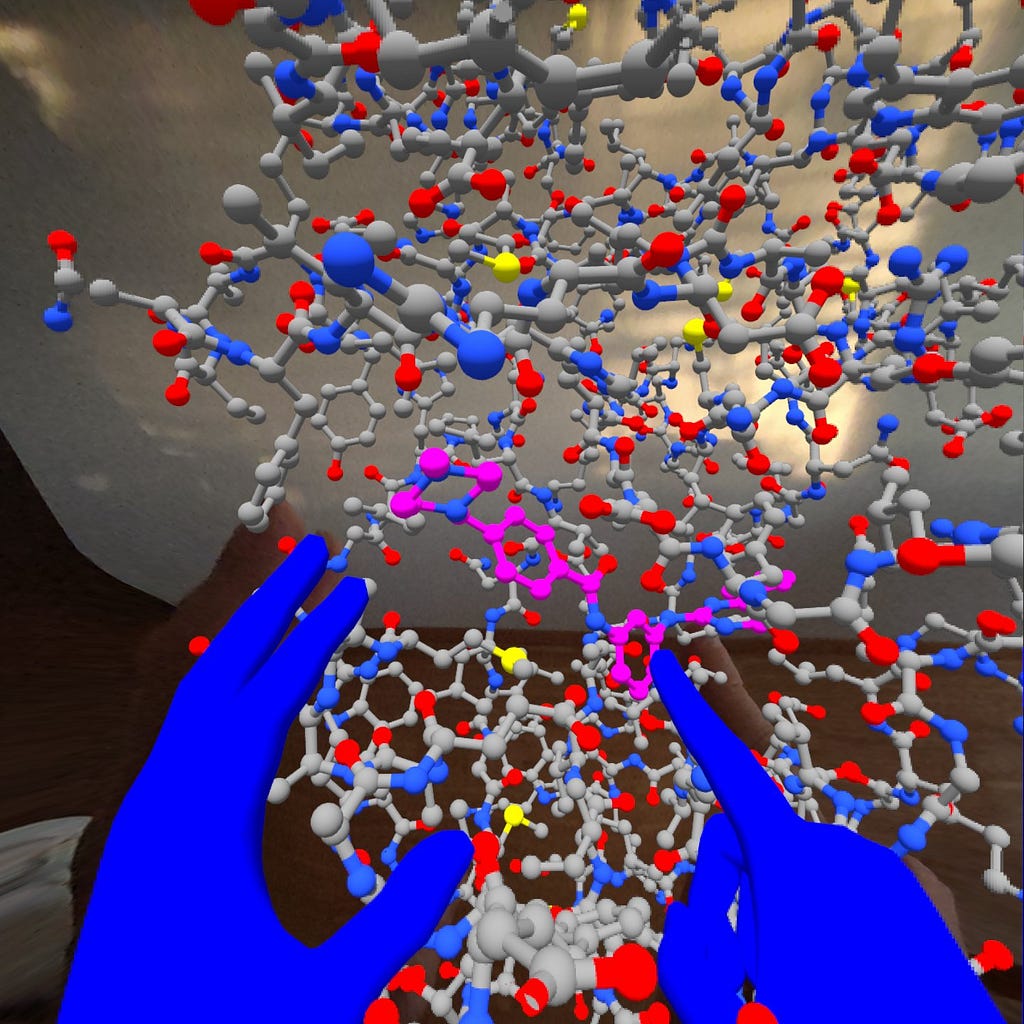
Nexco Analytics
@nexcoanalytics
Revolutionizing Life Sciences through Artificial Intelligence
🚀 New blog post! Discover how scRNA-seq and spatial transcriptomics are shaping biology and precision medicine with tools like predicTCR from @Platten_lab and integrative single cell methods from @LongCai_Lab nexco.ch/blog/How-Cutti…

Congrats to both #Startupfit ventures! 👏👏 FIT supports two innovative projects: TWIICE and Nexco Analytics bit.ly/3TAVBoK #VDtech @twiice_official
If you missed our blog last week: we covered how the rapid increase of data in Life Sciences allows scientists to train larger and better AI models. Those are now capable of predicting cell types, drug response and even genetic perturbations. Check it out: nexco.ch/blog/Foundatio…

Interesting study on second-gen cell-type deconvolution from @Francesca_Fin_ It benchmarks tools using diverse data, showing their strengths and limitations. Check out omnideconv for better deconvolution methods #bioinformatics #rnaseq #deconvolution biorxiv.org/content/10.110…
We'll be at @FutureLabs_Live on June 26-27 Pass by booth #S228 to learn how we can boost your AI ! #AI #machinelearning #datascience #genomics #cancer

🕶️🚀Today we cover HandMol! A tool developed at EPFL which enables manipulating and exploring molecular systems in an immersive environment in augmented reality ! Read more and check the video for a demo: #VR nexco.ch/blog/The-Futur…

biorxiv.org/content/10.110… Comparison of Spatial Transcriptomics Technologies across 6 Cancer Types: VISIUM, CytAssist, CosMx, Xenium, and CytAssist Protein on Serial Sections from Six Human Tumors. Thx @SergiCervill, …, @eportacangen, @ManelEsteller #bioinformatics #singlecell
Alphafold3 is here and we tested it! Dive into our latest blog post to discover how it enables molecular docking and explore its implications for drug design and the journey toward treatments. #AlphaFold @GoogleDeepMind nexco.ch/blog/AlphaFold…

If you follow our blog, you know that transposable elements (TEs) play crucial roles in genome regulation and can lead to diseases. However, their repetitiveness makes them hard to study. Find out more about how to analyze them in today’s blog nexco.ch/blog/The-Troub…

Looking forwards for #SwissBiotechDay 2024 in Basel Come meet Nexco Analytics at booth #19 ! @SwissBiotech swissbiotechday.ch

Long-read sequencing has enabled us to explore the repetitive parts of genomes, often called the dark genome, revealing its regulatory roles. Discover these techniques, by @nanopore or @PacBio and why they were named Nature Methods of the Year in 2022! nexco.ch/blog/The-Power…

Here we are at another AMLD Great talks ahead. Looking forwards to get started ! #AMLDEPFL2024

If you've ever wondered about the potential outcomes of training an AI to understand the central dogma of biology, take a look at our latest blog post and meet Evo - an AI modeling DNA, RNA and protein nexco.ch/blog/AI-models…

Long considered 'junk DNA', the repetitive genome's role in #cancer is now being unveiled thanks to the advent of next-generation sequencing #NGS! Discover more about transposable elements and the 'dark side' of our genome in our latest blog: nexco.ch/blog/Transposa…

Today in our blog we cover STACAS: a new semi-supervised method for #scRNAseq integration from @carmonation lab. Built on Seurat's anchor method, it allows batch correction and integration of datasets from multiple sources. nexco.ch/blog/New-tool-…

In our new blog post, we explore how Large Language Models (#LLMs ) like #ChatGPT are used in data analysis, molecular structure and even medicine! Check it out now: nexco.ch/blog/How-Compa…

@nexcoanalytics moved from @EPFL to @BiopoleLausanne today Being #Bioinformatics / #Genomics / #DataScience specialists in life sciences, with most customers in the lemanic region, we’re looking forward to increase our collaborations within the Biopole community
Happy to share the peer-reviewed version!⛺️ Now including additional analyses of i) impact of celltype composition imbalance across samples, and ii) noise in celltype labels on integration performance. Thanks to reviewers & editor for constructive feedback nature.com/articles/s4146…
In scRNA-seq analysis, "overcorrection" of batch effects is a frequent cause for loss of important biological variability. Using prior celltype knowledge is a powerful way to limit overcorrection and should be more common practice. Sharing new preprint! biorxiv.org/content/10.110…
Discover our new sequencing data analysis tool. Transform your data into insights with our comprehensive platform—from raw data to interactive results. Explore more: nexco.ch/blog/Discover-… nexco.ch/onex #DataScience #Bioinformatics #Genomics

